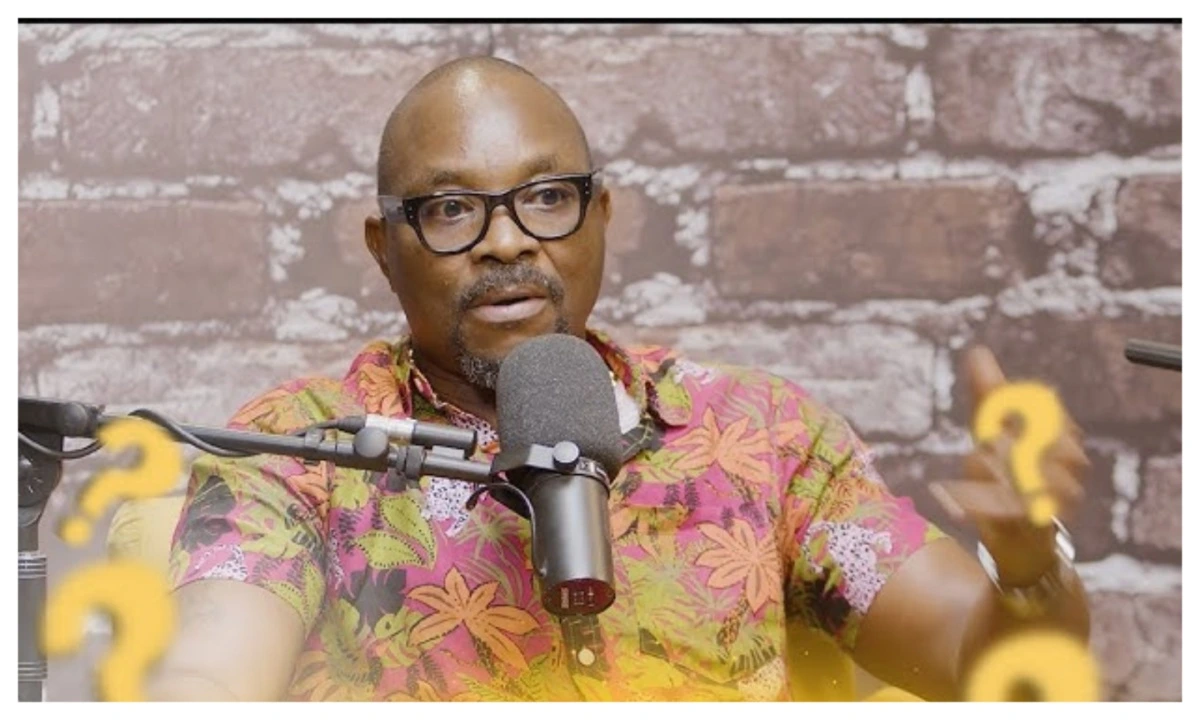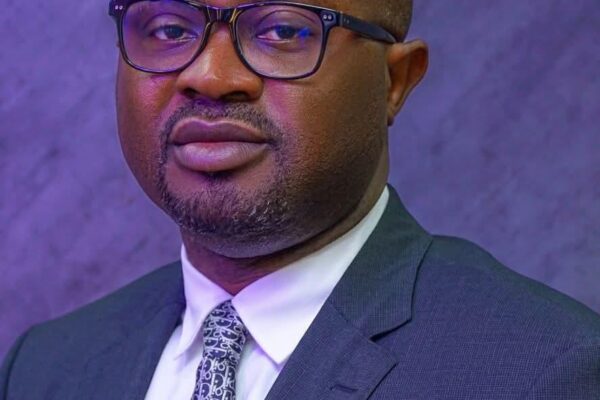
New Crowned Olubadan Demands Creation of Ibadan State Before 2027
Ibadan, Oyo State – At his official coronation ceremony, the newly installed Olubadan of Ibadanland, Oba Rashidi Adewolu Ladoja, issued a passionate call for the creation of a new Ibadan State, urging President Bola Ahmed Tinubu to approve the proposal before the end of his tenure. Addressing a jubilant crowd at the historic Mapo Hall, shortly after receiving the Staff of Office from Oyo State Governor Seyi Makinde, the 44th Olubadan emphasized the longstanding desire of his people for statehood. “My people sent me a message to Mr. President,” Oba Ladoja said, speaking in Yoruba. “Mr. President, they said the creation of Ibadan State is their priority.” The call for Ibadan State has persisted for decades, and Oba Ladoja’s public appeal marks a significant moment in the renewed push for administrative autonomy for the region. Governor Makinde, in his remarks at the ceremony, described Oba Ladoja’s coronation as a historic and unifying event for the ancient city. He praised the peaceful transition process and expressed confidence in the monarch’s leadership. “The succession process to the throne of Olubadan is now well established and free from contestation, and this is a source of pride for us all,” Makinde said. “It is my prayer that the reign of Oba Adewolu Ladoja will usher in lasting peace, unity, and greater progress for Ibadanland and for Oyo State as a whole.” The coronation drew dignitaries from across Nigeria, including: Prior to the public ceremony, traditional rites were conducted at the Labosinde Compound in Oja’ba, where Chief Waheed Popoola, the Afobaje of Ibadanland, placed Akoko leaves on Oba Ladoja’s head—an ancient ritual symbolizing the conferment of traditional authority. Following the rites, the monarch led a grand procession through the city, marking his first public appearance as Olubadan before a cheering crowd. Oba Ladoja’s reign begins with strong cultural significance and political ambition, as he positions himself not only as a custodian of tradition but also as a voice for the aspirations of his people.








